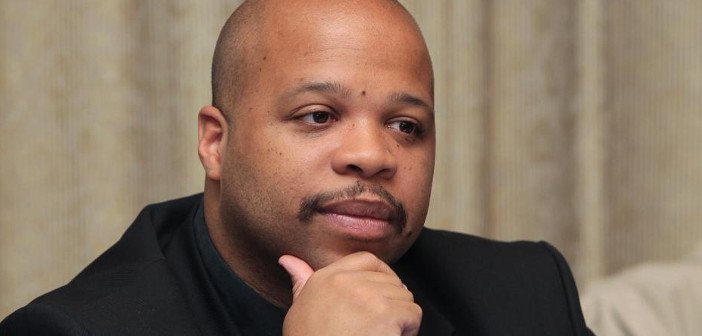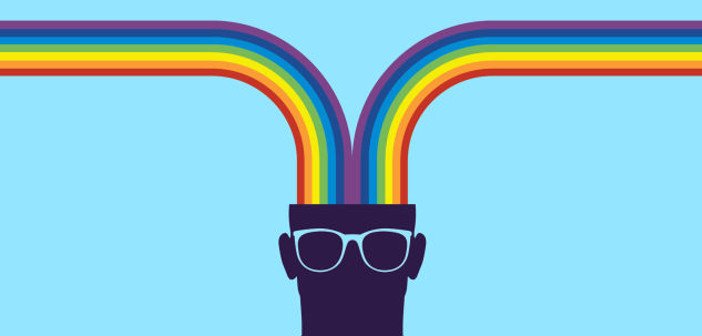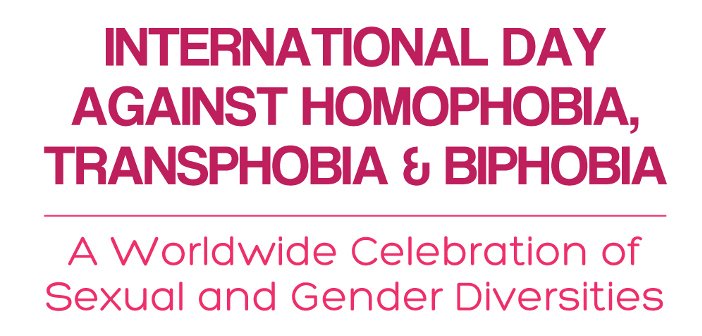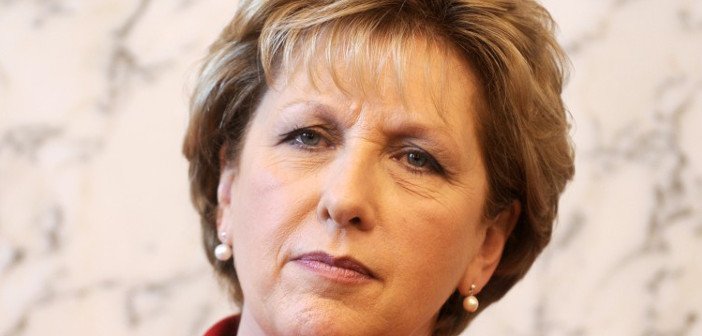International Day Against Homophobia, Transphobia, and Biphobia
May 17th marks the annual observation of the International Day Against Homophobia, Transphobia, and Biphobia, or as it is otherwise known – IDAHOT. Since 2004, people from all over the globe have been using this day to celebrate the achievements of the LGBT community, to promote equality, and to emphasise the basic human rights that are still being refused to millions in many parts of the world.
IDAHOT was established in 2004 by activist and teacher Louis-Georges Tin and was officially recognised as a legitimate campaign one year later. Tin acted as IDAHOT’s committee chairperson until 2013, and according to him the recognition of the struggles that gay, bisexual, and transgender people are still facing in societies around the world today is just as important as recognising how far the LGBT community has come in the past few decades.

Homosexuality was only officially removed from the International Classification for Diseases by the World Health Organisation in May 1990, so it is this day that the campaign chooses to commemorate. As well as this, IDAHOT operates as a day of awareness for thousands of grassroots groups in over 130 countries. Each year, the commemoration not only promotes the need for equality regardless of sexual orientation or gender identity, but also the diversity that exists within such minority groups, and the specific social and cultural contexts that they are operating within. IDAHOT presents itself as a decentralised movement, aiming to draw the attention of individual policy makers and media outlets around the world in order to truly incite change.[pullquote]IDAHOT presents itself as a decentralised movement, aiming to draw the attention of individual policy makers and media outlets around the world in order to truly incite change.[/pullquote]
Since its conception 12 years ago, the campaign has seen the legalisation of same-sex marriage in over fifteen countries including Denmark, Sweden, France, the UK, America, Brazil, and of course, Ireland. But the last decade has also seen the continued oppression, discrimination, and criminalisation of LGBT people too. As of today, over 75 countries around the world still see same-sex relationships as a crime. Nine of those countries see homosexual acts as an offense punishable by death.
The theme for this year’s IDAHOT is ‘Mental Health and Well Being.’ The theme was selected by the campaign due to the fact that being gay, bisexual, or transgender is still perceived to be a mental illness in even the most progressive of countries. So-called ‘treatments’ for homosexuality like conversion therapy (or reparative therapy) are still being practiced in some places today.

Despite having been rejected by every mainstream medical organisation and condemned by anybody who knows that sexual orientation is not in fact a choice, unfortunately the belief that homosexuality can be “cured” is not restricted only to mid-20th century tales of church-run asylums and deep rooted repression. Just last year during Northern Ireland’s continued fight for marriage equality – which has been repeatedly blocked by the DUP – deputy mayor of Derry and Strabane Thomas Kerrigan stated that if gay people turned to God and prayer they could “cure a lot of (these) problems.”[pullquote]As of today, over 75 countries around the world still see same-sex relationships as a crime. Nine of those countries see homosexual acts as an offense punishable by death.[/pullquote]
IDAHOT’s aim for 2016 is to emphasise this stigma associated with gender and sexual diversity, and to reduce its prominence and the discrimination it inevitably leads to. The group’s activists also bring attention to the “disorder” that trans people in most countries around the world must be diagnosed with should they wish to transition. While Gender Identity Disorder (GID), or Gender Dysphoria, is a necessary diagnosis to ensure that a trans person can avail of the health care they are seeking, its classification as a mental illness remains a cause for concern for the campaign.
Following the announcement of this year’s IDAHOT theme, the World Psychiatry Association (WPA) released a statement aimed specifically at those who still believed that members of the LGBT community needed to be “cured.” Vehemently opposing the categorisation of homosexuality as a mental illness, the association – who represent over 200,000 psychiatrists in over 100 countries – say that any attempt to “treat” homosexuality can not only be classed as fraud, but is also intensely damaging and discriminatory.
The provision of any intervention purporting to “treat” something that is not a disorder is wholly unethical (…) WPA acknowledges the social stigma and consequent discrimination of people with same-sex sexual orientation and transgender gender identity (…) and calls for the provision of adequate mental health support.

It is this need for support that makes up the second part of IDAHOT’s theme. Refuting the idea that homosexuality is a mental disorder may seem fairly obvious, but drawing attention to the incredible need for adequate mental health support systems for LGBT youth suffering from depression, anxiety, and other illnesses might not be. While mental illnesses do not discriminate in any way, shape, or form, the rates of self harm and suicide among LGBT youth has been proven to be considerably higher than that of young heterosexual individuals.[pullquote]Unfortunately the belief that homosexuality can be “cured” is not restricted only to mid-20th century tales of church-run asylums and deep rooted repression.[/pullquote]
According to a study carried out in 2011, young homosexual and bisexual people in Ireland were 7 times more likely to have experienced suicidal ideation over their heterosexual peers. Similarly, those same people were 10 times more likely to self harm, or to have had felt the need to seek psychiatric help. And although the human and civil rights of the Irish LGBT community have improved drastically in the past five years due to the successes of both the marriage referendum and the Gender Recognition Act, the suicide rates among young gay, bisexual, and trans individuals remains a cause for concern.
Last year, reports commissioned by GLEN and BelongTo showed that over 50% of LGBT teenagers between the ages of 14-18 had self harmed, and that 70% of those had seriously considered suicide. The study also showed that over 30% of those surveyed had experienced physical threats because of their sexual orientation. Former president Mary McAleese has since stated that these numbers were “horrific,” and that it will take years to destruct the “long standing architecture of homophobia” in this country. Speaking at the report’s presentation, she said:
The ongoing damage is undeniable. That it involves so many young people is tragic (…) The children who are in cots and buggies today (…) have the right to grow into mentally healthy and well-adjusted teenagers. What we do now can help ensure that no bully and no homophobic, biphobic or transphobic culture will too easily deprive them of that right.

[pullquote]Last year, reports commissioned by GLEN and BelongTo showed that over 50% of LGBT teenagers between the ages of 14-18 had self harmed, and that 70% of those had seriously considered suicide.[/pullquote]
A year ago we legalised same-sex marriage. During that time, hundreds of couples tied the knot, and thousands more knew that in the eyes of Iriah law they were equal. During that same time, hundreds of LGBT youth contemplated suicide, countless people suffered homophobic attacks in public, same-sex American couples were denied their legal right to marry, transgender individuals were discriminated against while trying to use the bathroom, Canada’s only transgender surgery clinic suffered an arson attack, and the Catholic church told Australians that marriage equality lacked “dignity.”
The International Day Against Homophobia, Transphobia, and Biphobia exists to celebrate how far individual societies and cultures have come with regards to LGBT rights – but it also exists to prove how far we still need to go. 44% of countries in the world are still living under laws that criminalise homosexuality. It’s about time we saw some change.
